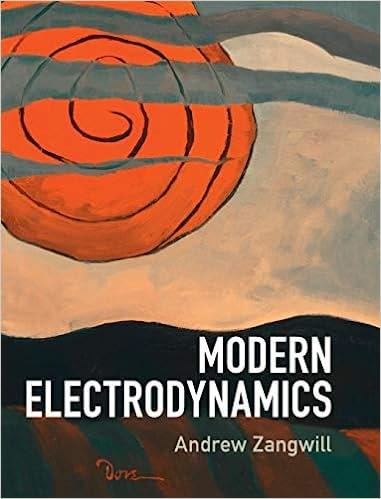(a) The Lagrangians L and L + d /dt produce the same Lagrange equations if =...
Question:
(a) The Lagrangians L and L + d Λ/dt produce the same Lagrange equations if Λ = Λ (qk, t). What happens if = (˙qk, qk, t)?
(b) Not all equivalent Lagrangians differ by a total time derivative. Find a Lagrangian which yields the same equations of motion as L = ˙x ˙y − xy but does not differ from it by a total time derivative.
(c) Show that there is a class of vector functions ζ [ψ(r, t)] of a field variable ψ (r, t) where the equations of motion derived from a Lagrangian densit ![]() do not change if L → L+∇ · ζ [ψ(r, t)].
do not change if L → L+∇ · ζ [ψ(r, t)].
Fantastic news! We've Found the answer you've been seeking!
Step by Step Answer:
Related Book For 

Question Posted:





